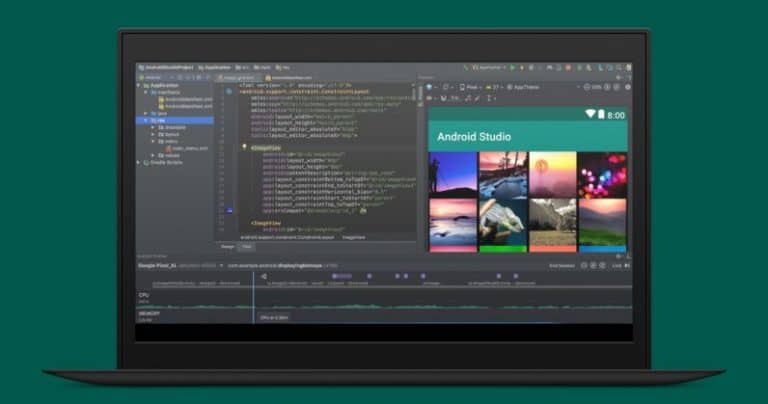Today Google released Android Studio 3.2. The latest version of the software has a lot of new and useful features for developers. Think of a new format for publishing apps, a tool that maps the energy consumption of an app and an improved emulator.
As every year, Google also unveiled this year’s update at its IO developer conference in May. Here is a list of the new features that come to the app:
- New app bundle: Probably the most important function released by Google. The app bundle is a way to publish APKs with different file formats. This allows end users to download apps faster. This is a smart process: when a user downloads your app, they only get the files they need for their device.
- Material design update and support for slices: The update provides access to improved Material Design widgets, including BottomNavBar, cards and buttons. There is also support for the MaterialComponents theme and the library. In addition, Android Studio 3.2 also supports App Slices – an interactive preview of an app that shows content without having to open it.
- Power Consumption Tool: Google is continuously working to improve the battery life of Android phones. This new tool shows how much of the battery power an app requires. In this way, developers gain insight into the battery usage of their app and can improve it.
- Emulator snapshops: Android Studio 3.2 allows you to snapshot the state of the emulator and load other snapshots. This allows you to simulate certain circumstances very precisely.
- Virtual camera for the emulator: This function records everything that happens on your screen, as well as any audio. With a virtual camera you can also view different scenarios for an augmented reality app.
- Automatic CPU recording: With this update you can see exactly how much an app requires from the CPU. This allows developers to make their app more efficient.
